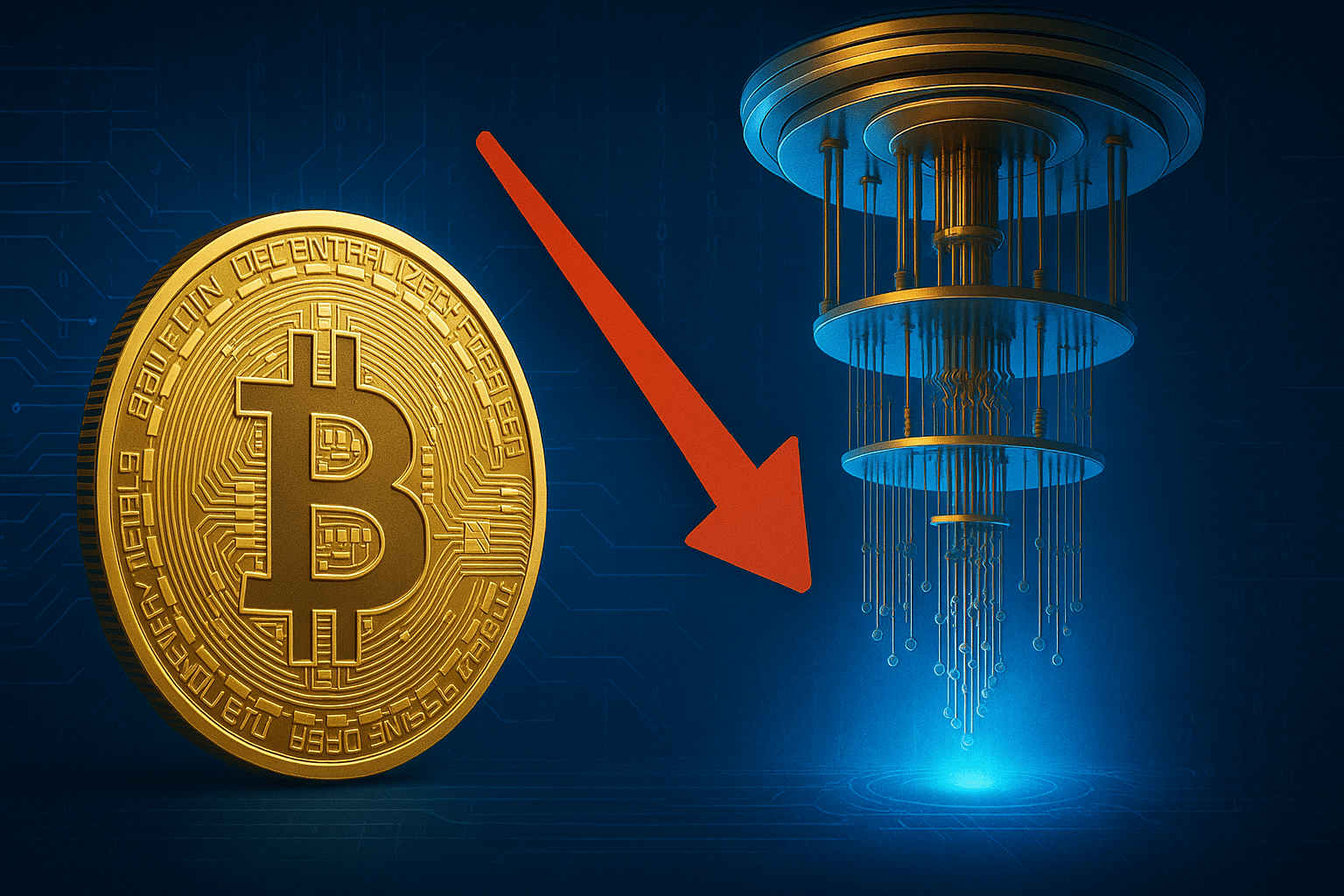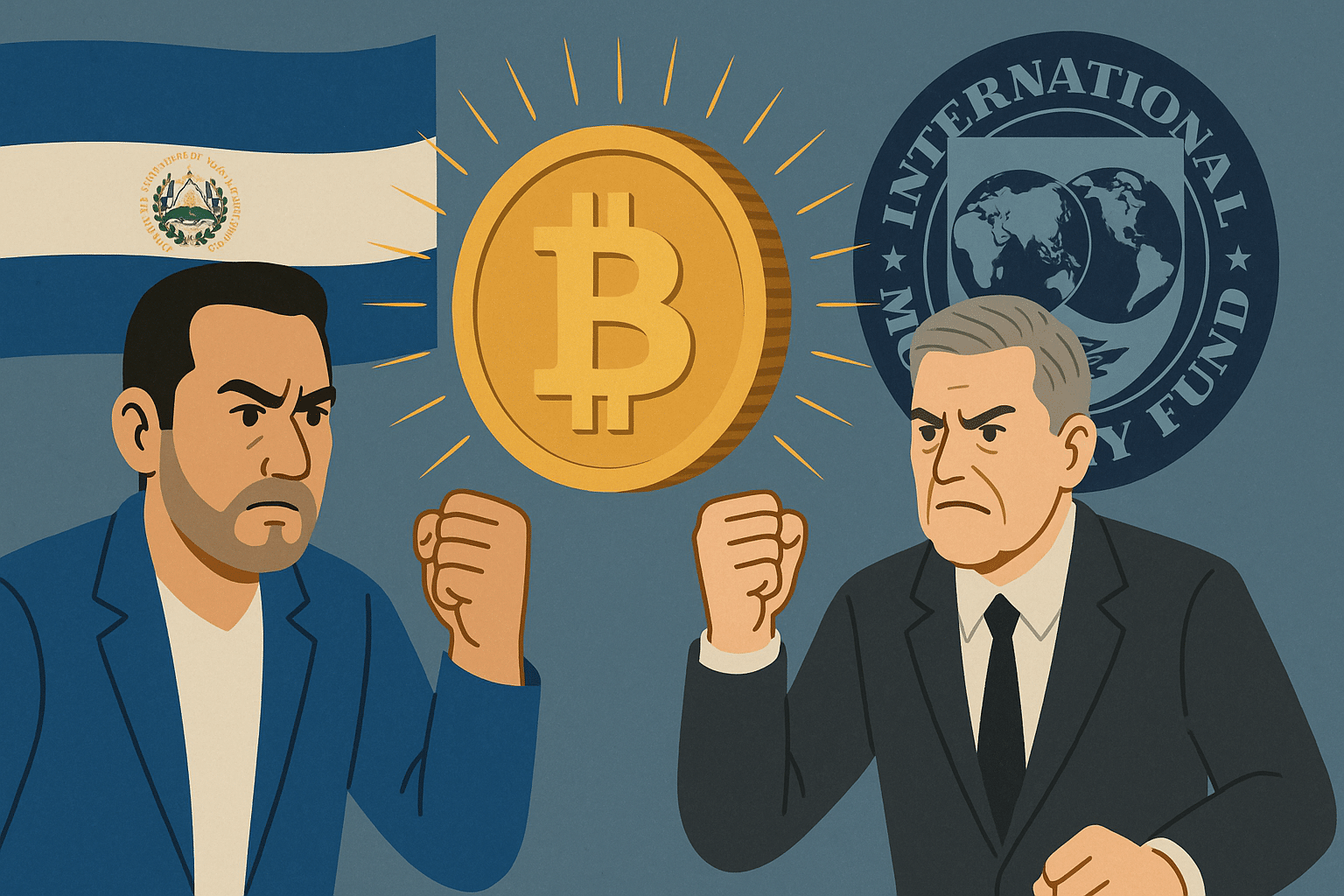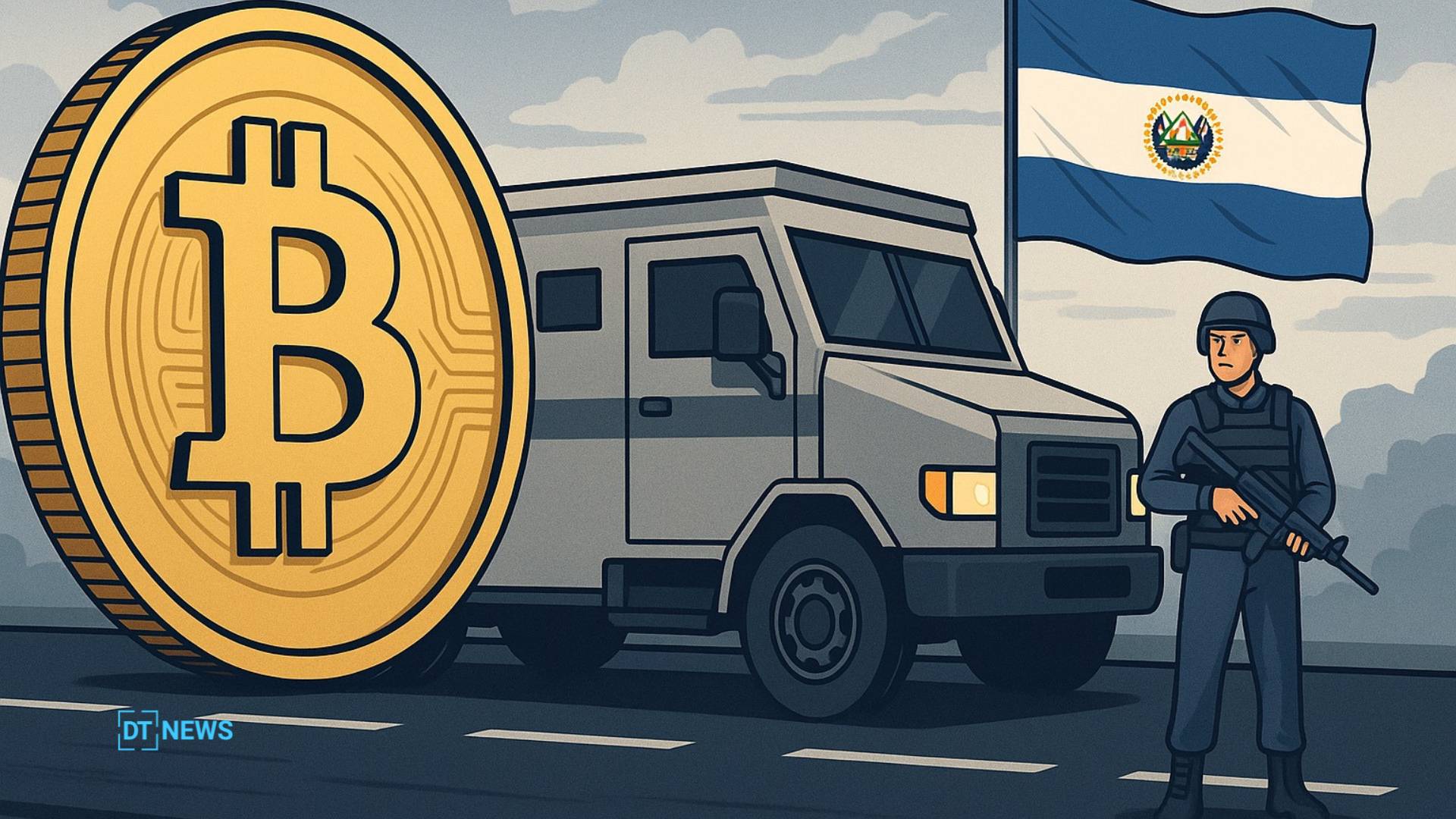El Salvador has shifted its 6,274 BTC reserves from a single wallet to 14 new addresses for enhanced quantum security. The Bitcoin Office announced this development on X, confirming that each wallet now holds around 500 BTC. The strategy aims to minimize exposure of public keys and increase resilience against quantum-based decryption risks.
- Quantum Threat Prompts Bitcoin Reserve Shift
- El Salvador Prioritizes Quantum Resilience
- Transparency Maintained with New Public Dashboard
- Industry Reacts as Debate on Quantum Threat Grows
- El Salvador Faces IMF Dispute Over Bitcoin Reporting
- FAQs for El Salvador’s Bitcoin Strategy
- What is the reason behind El Salvador’s move to 14 Bitcoin wallets?
- How does this protect against quantum computing attacks?
- Is quantum computing currently a real threat to Bitcoin?
- Does the new wallet setup impact transparency?
- What is the current size of El Salvador’s Bitcoin reserve?
- Glossary of Key Terms
Quantum Threat Prompts Bitcoin Reserve Shift
El Salvador restructured its reserve system to prevent potential threats from quantum computers. The country had long used a single transparent address, which left its public key constantly exposed. Now, it has divided its holdings to reduce the associated cryptographic vulnerabilities.
Interesting (and great!) to see large/public BTC holders taking proactive steps to protect against future quantum threats. El Salvador continues to be a good model for how nations should manage bitcoin treasuries.
Hope the US SBR takes note https://t.co/0VmFbCq40L
— Nick Neuman (@Nneuman) August 29, 2025
The Bitcoin Office explained that when BTC is spent, the public key becomes visible on the blockchain. As a result, repeated usage of one address could offer attackers enough time to exploit it. To counter this, authorities opted for a multi-wallet strategy that distributes risk evenly.

While no current quantum system can break 256-bit keys, future advances could change that equation. El Salvador took this step based on research that shows eventual risks from quantum decryption. The Bitcoin Office emphasized that smaller wallet amounts reduce the impact of a potential breach.
Also Read: IMF Grants $1.4B Credit to El Salvador, Imposes Bitcoin Restrictions
El Salvador Prioritizes Quantum Resilience
The redistribution follows a careful assessment of how quantum computers could eventually disrupt existing cryptography. Project Eleven, a quantum research firm, estimates over 6 million BTC may be at risk if elliptic curve cryptography (ECC) is broken. That figure equals over $650 billion at today’s valuation.
Although ECC remains secure, quantum threats are theoretical but not impossible in the long run. El Salvador believes early action strengthens its reserve security posture significantly. Splitting reserves into 14 wallets lowers the potential loss from any single key breach.
Each wallet now holds a controlled sum of 500 BTC, limiting high-risk exposure. The public keys will no longer be consistently exposed on a single chain, which previously created a consistent vulnerability. Instead, dynamic wallet usage increases operational security.
Transparency Maintained with New Public Dashboard
El Salvador affirmed that it would continue to maintain full transparency despite shifting to multiple wallets. A public dashboard managed by the Bitcoin Office will allow citizens and observers to track all addresses. This new setup ensures that accountability is preserved without security compromises.
Previously, the government used a single address to display all Bitcoin-related transactions for full public access. However, this method made its public key visible every time BTC was moved. By contrast, the current setup avoids reusing addresses while still enabling visibility.
The Bitcoin Office said, “Transparency remains essential, but we must adapt methods that align with long-term asset protection.” Therefore, the new approach strikes a balance between public accountability and cybersecurity resilience. The multi-address system ensures both objectives are met.
Also Read: IMF Flags El Salvador for Breaching Bitcoin Deal
Industry Reacts as Debate on Quantum Threat Grows
Industry leaders have offered mixed responses regarding the urgency of quantum risks. Michael Saylor, known for MicroStrategy’s Bitcoin adoption, said the fear is overstated. “If ever needed, the Bitcoin protocol will evolve through hardware and software upgrades,” Saylor stated in June.
His comments reflect growing confidence in the Bitcoin development community’s ability to respond to future threats. Even so, El Salvador took a cautious approach by not waiting for hypothetical risks to materialize. It chose to act early and strengthen security measures proactively.
Project Eleven acknowledged that current quantum computers cannot crack even 3-bit private keys. However, its April report stated the technology could progress unpredictably. El Salvador’s initiative reflects a broader philosophy of securing digital assets against tomorrow’s threats today.
El Salvador Faces IMF Dispute Over Bitcoin Reporting
While the reserve relocation proceeds, El Salvador remains in disagreement with the International Monetary Fund. In July, the IMF claimed that the country had not made any Bitcoin purchases since February. This contradicted El Salvador’s public posts announcing multiple acquisitions.

The Bitcoin Office did not directly respond to the IMF’s claims but continued sharing updates about purchases. This gap in reporting has led to renewed scrutiny of its Bitcoin transparency practices. Analysts are watching closely how the government addresses these inconsistencies.
El Salvador earlier agreed to a $1.4 billion deal with the IMF in December. One condition accepted was allowing voluntary BTC use as legal tender. However, enforcement through the Chivo wallet was scaled back, giving users the freedom to choose their payment method.
For more crypto news or price predictions, visit our platform.
Summary
El Salvador has relocated its entire Bitcoin reserve into 14 separate wallets, each holding about 500 BTC. This move is aimed at minimizing exposure to quantum computing threats and preventing the long-term risk of cryptographic vulnerabilities. A public dashboard will allow continued transparency, while the country navigates criticism from the IMF and industry debates about quantum urgency.
FAQs for El Salvador’s Bitcoin Strategy
What is the reason behind El Salvador’s move to 14 Bitcoin wallets?
El Salvador wants to reduce risk exposure from quantum threats by spreading its reserve across multiple addresses.
How does this protect against quantum computing attacks?
When BTC is spent, public keys are revealed. Smaller wallets limit exposure and potential quantum-related breaches.
Is quantum computing currently a real threat to Bitcoin?
No. Experts say it’s a future concern, but El Salvador chose to act early to protect national reserves.
Does the new wallet setup impact transparency?
No. A dashboard will continue showing all wallet activities to maintain public accountability.
What is the current size of El Salvador’s Bitcoin reserve?
El Salvador holds 6,274 BTC, worth around $678 million at today’s market prices.
Glossary of Key Terms
Bitcoin (BTC): It is a decentralized digital currency that relies on blockchain to secure transactions.
Quantum Computing: It is a form of computing that employs quantum bits which have the capability of breaking the existing encryption techniques.
Public Key: A cryptographic code that is shown on the blockchain at the time of spending BTC, which is received.
Private Key: This is a secret key that is used to unlock a BTC transfer out of a wallet.
Elliptic Curve Cryptography (ECC): This is a type of cryptography that is employed in Bitcoin to encrypt wallet keys with a public key.



















































































































